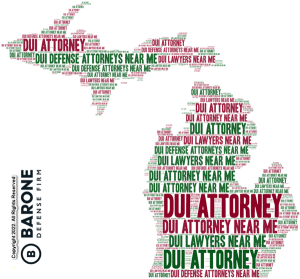Search
Advanced Impaired Driving Technology Could Begin Stopping Drunk Drivers in Two Years
On November 15, 2021, President Biden signed into law the bipartisan Investment Infrastructure and Jobs Act (IIJA). This new law contains a provision requiring that all passenger vehicles eventually be equipped with technology that will stop drunk drivers. New cars may start utilizing such technology immediately, but the law won’t require this advanced impaired driving technology any sooner than 2 years from now, though it’s likely to take far longer.
What is the Timeline for Requiring Advanced Impairment Detection Technology?
As previously indicated in our previous article entitled Infrastructure Bill to Combat Drunk Driving by Requiring Alcohol Monitoring Technology the new law does not, with any degree of specificity, indicate what technologies are to be utilized for this purpose. Instead, the law sets forth a timeline for the Secretary of Transportation to write the specific motor vehicle safety standard. Section 24220(c) indicates that not later than 3 years after the date of enactment of the IIJA, the Secretary of Transportation (SOT) shall issue a “final rule” requiring that a motor vehicle safety standard be added to the relevant section of the federal code.
 Michigan Criminal Defense Lawyer Blog
Michigan Criminal Defense Lawyer Blog


















